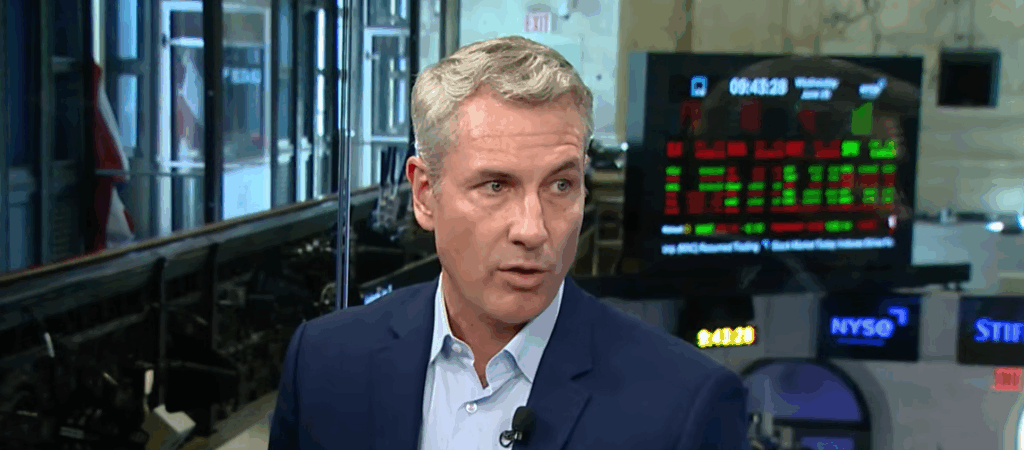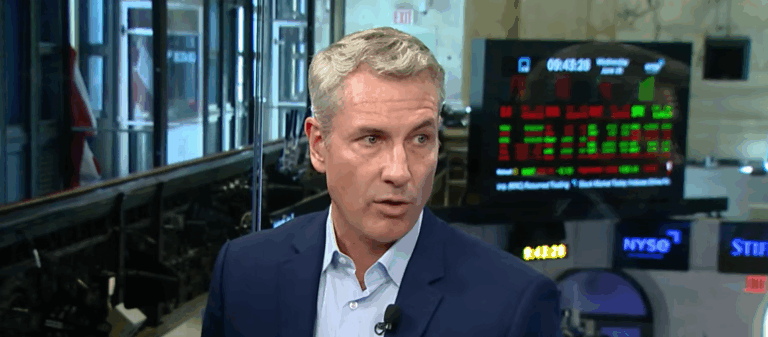Astronomer has been clearly defining its place in the AI infrastructure market over the last ten years. With a current estimated net worth of $1.3 billion, it reflects more than just market hype. It is the outcome of community-driven development, strategic foresight, and an especially creative approach to orchestration platforms. Even though a highly visible leadership scandal has recently made headlines, the company’s core values have not changed, demonstrating how incredibly resilient its business model is.
Astro, the flagship product of Astronomer, became a standard for data orchestration by utilizing the open-source capabilities of Apache Airflow. Enterprise clients have characterized its flexibility as extremely versatile, enabling engineers and data teams to design, manage, and monitor workflows. Some of the biggest companies in retail, healthcare, and finance have seen a significant increase in productivity in recent years due to Astro’s ability to optimize operations while preserving strong observability.
Since working remotely became commonplace during the pandemic, Astronomer’s platform quietly gained popularity among companies trying to integrate their disparate data pipelines. Although initially subtle, this change greatly increased the company’s visibility and established it as a pioneer in scalable workflow automation. Astro became the foundation for numerous mission-critical applications as AI adoption exploded across industries, making the $1.3 billion valuation not only tenable but sustainable.
Astronomer Company Overview
| Attribute | Detail |
|---|---|
| Company Name | Astronomer |
| Founded | 2015 |
| Founders | Paola Peraza Calderon, Ry Walker, Greg Neiheisel, Viraj Parekh, Pete DeJoy |
| Headquarters | New York City, USA |
| Industry | Data Orchestration, AI Infrastructure |
| Flagship Product | Astro (Built on Apache Airflow) |
| Current Valuation | Approximately $1.3 Billion (as of July 2025) |
| Number of Employees | Roughly 350 |
| Current Interim CEO | Pete DeJoy |
| Former CEO | Andy Byron |
| Public Status | Private Company |
| Official Website | https://en.wikipedia.org/wiki/Astronomer_(company) |

Astronomer stands out not only for its technology but also for its ability to draw in and hold on to important voices from the Apache Airflow community. Major releases that influenced the tool’s worldwide relevance were spearheaded by engineers like Ash Berlin-Taylor, Jed Cunningham, and Kaxil Naik, who is currently a member of the Astronomer team. Clients who want continuity between open-source projects and enterprise deployments will especially benefit from this integration of community stewardship with commercial execution.
For reasons unrelated to its technology, the company was suddenly thrust into the public eye in July 2025. At a Coldplay concert, CEO Andy Byron and HR chief Kristin Cabot were seen cuddling on camera. The kiss was captured on the venue’s kiss cam and shared on social media. The video received millions of views in just a few hours, and both executives resigned within days. The public began to question Byron’s personal wealth, which was previously estimated to be between $20 million and $70 million, particularly after reports of his $469,000–$690,000 salary and unreported bonuses emerged.
Astronomer’s valuation held steady in spite of the widely shared controversy. That is a remarkably uncommon result, particularly in a time when the ethics of leaders are examined with the same rigor as financial statements. The board deserves praise for its prompt and decisive action: marketing strategists took a risk by appointing actress and businesswoman Gwyneth Paltrow as a temporary brand ambassador, while Pete DeJoy, one of the original co-founders, took over as interim CEO.
Paltrow was a very successful hire in terms of crisis management. She brought immediate visibility and a polished narrative pivot with her wellness brand, Goop, which made her well-known for her business acumen. In a video posted to Astronomer’s official Instagram, she skillfully highlighted Astro’s core strengths while addressing public curiosity with cool humor. It was a brilliant move for a business struggling with perception; it was unexpected and strategically sound.
Not only did Astronomer refocus public attention by working with Paltrow, but it also strengthened the message that its identity was independent of any one executive. Rather, operational discipline and engineering excellence served as its cornerstones. The business has established itself as a major force in the AI-powered enterprise market through strategic alliances and reliable delivery.
The company’s continued momentum in spite of internal disruption is even more impressive. Astronomer had closed a $93 million Series D funding round just months prior to the controversy. Investors demonstrating long-term confidence, such as Insight Partners and Meritech Capital, remained steadfast in their backing. Astro Observe is a centralized observability product that is especially helpful in complex, multi-cloud environments, and the funding is being used to expand its features. These initiatives, which seek to increase transparency and streamline data workflows, are very effective at releasing value throughout whole data ecosystems.
Astronomer is anticipated to advance its AI enablement even more in the upcoming years. The company is enhancing the way data teams coordinate tools like DBT Core on Airflow through initiatives like Astronomer Cosmos, which has the potential to reshape the norm for data modeling and pipeline usability. Not only are these innovations useful, they are crucial for early-stage startups navigating disorganized infrastructure.
The appointment of a permanent CEO will usher in a new era. However, Astronomer’s performance over the last six months suggests that changes in leadership are unlikely to cause it to veer off course. Product quality, open-source legitimacy, and brand tenacity all point to a company that was established for long-term success. Astronomer’s playbook could be used as a model for scaling without compromising integrity, even in the face of highly visible errors, as AI infrastructure becomes more important across industries.


